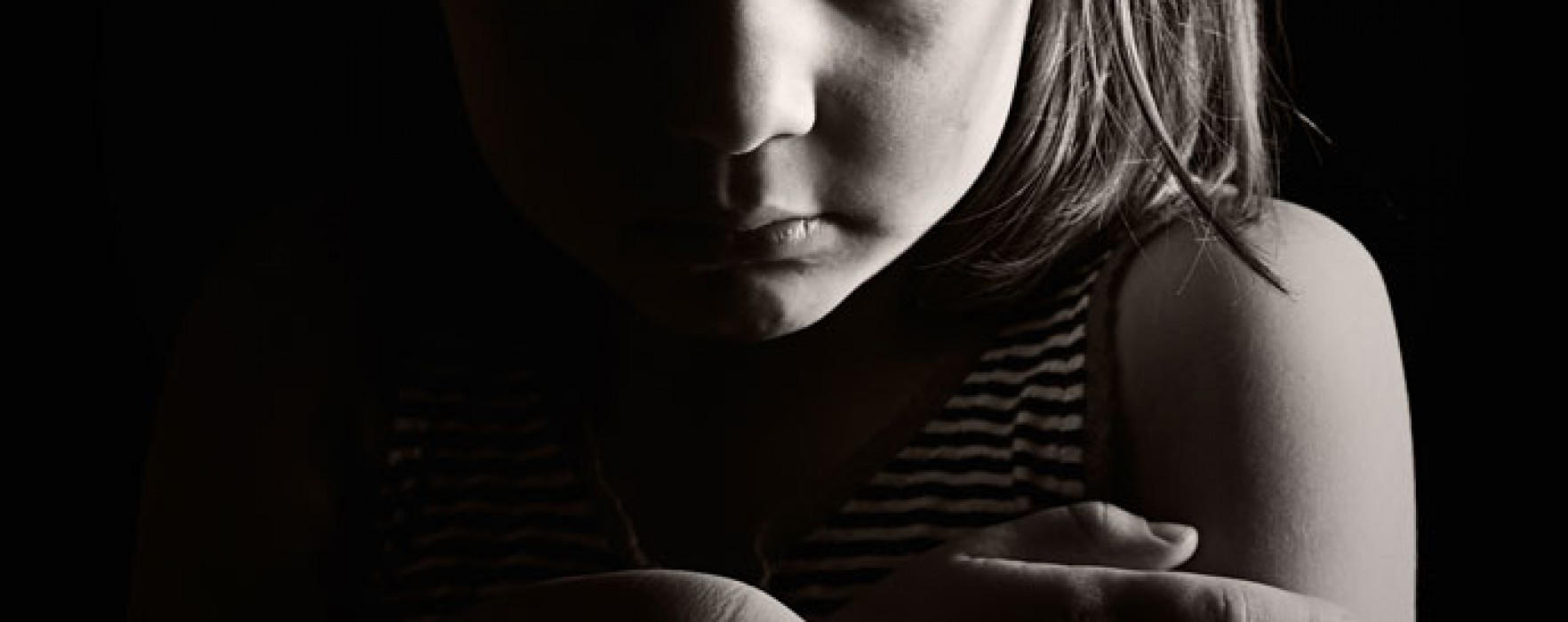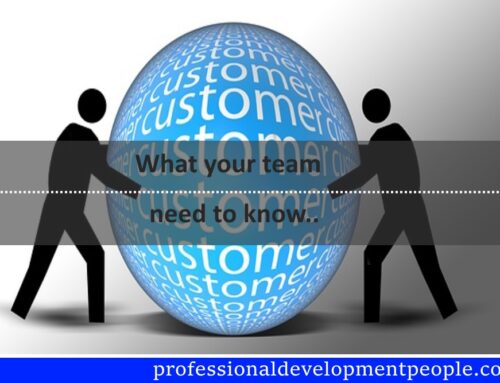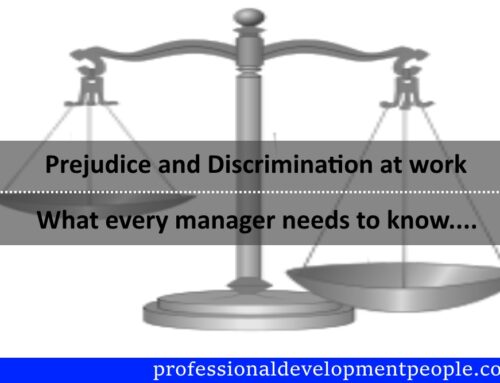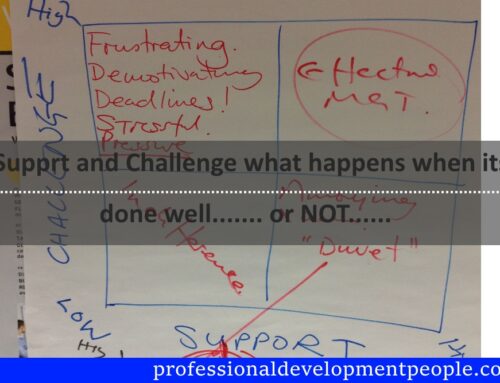#Safeguarding children – Your responsibility.
- Q1. Should you have any? Well morally you should……
- Q2.Do you have any? We don’t all share that moral imperative so some people turn a blind eye….
- Q3.Does your place of work mean that responsibility is also a legal one? Many people that fit into Q2 also work in, or contract with, organisations that have a duty to #safeguard children. By working within that business you have a legal duty to do the same.
#Safeguarding children – some facts…
Why is it so important that we #safeguard and promote the welfare of children? Have a look at this link, which isn’t graphic, but is informative. (OFSTED VIDEO)
Where issues are seen to be real, are talked about, are factored into organisational behaviour we get better results.
Did you know that “20% of child deaths reviewed in England between 2010 and 2011 were from preventable causes including accidents, suicide, abuse, and neglect.” (Click to the Lancet research). #
According to the NSPCC (National Society for the Prevention of Cruelty to Children)
“in in the 17-month period to the end of August 2008 local authorities in England notified Ofsted of 424 serious incidents involving the deaths of 282 children. This equates to 199 annually, or almost four children each week. Since publication of this report, Ofsted has clarified that 210 of these deaths, i.e. three each week, were actually attributable to abuse or neglect (Gilbert,2008).”
This was also within the time frame of Peter Connoly’s Death (Baby P).
Does that shock you? Revolt you? It is something that needs to change and is within all of our wit to change.
#Safeguarding Children – What can I do?
Do you ever hear voices? I do, I have been checked out and I am OK! These voices say things to me like “what is happening there?”, “did she really say that?”, “What does that mean”, “OMG …!.”
We all have these voices and should try to turn up that volume when encountering children through our work (legal responsibility) but actually we ought to be doing this outside of work too… (moral responsibility?)
So what types of things might we encounter that would set these voices off, that might ring Alarm bells?
#Safeguarding – the 5 broad categories of abuse
In England and Wales there are 5 broad categories of abuse, which help us to focus on things that might be happening.
The numbers quoted here are attributed to the NSPCC (LINK)
Physical Abuse
- hurting a child.
- causing deliberate injuries.
- 1 in14 children have been physically abused, 20% of the NSPCC helpline calls were about this last year.
Sexual Abuse
- when a child is forced or coerced to take part in sexual activity, whether the abuse is physical or not. This includes grooming and online abuse.
- 1 in three children that are sexually abused stay silent.
- 1 in 20 children in the Uk have suffered sexual abuse.
Emotional
- when a child is deliberately ignored, humiliated, isolated or scared.
- 1 in 14 Uk children have suffered this from a parent or guardian.
Neglect
- failing to meet a child’s basic needs through things like poor diet, emotional welfare, clothing, warmth and love.
- 1 in 10 children have experienced neglect.
Domestic Violence
- where children are present, when adults abuse each other, intimidate, bully or undertake acts of physical violence.
- being present doesn’t need to mean in the room! Ever had your in-laws staying?
- 1 in 5 children have been exposed to domestic violence.
- 60% of serious case reviews quote domestic abuse as being a significant factor.
The dangers of categorising abuse
W e need to be able to describe what we have encountered in a logical clear way. This adds clarity to our referrals, but to attribute only one of these categories to a child is too simplistic. How can someone that is being beaten (physically abused) not also be a victim of Neglect and Emotional abuse. The categories can help us, but professionals always look at the broader picture.
e need to be able to describe what we have encountered in a logical clear way. This adds clarity to our referrals, but to attribute only one of these categories to a child is too simplistic. How can someone that is being beaten (physically abused) not also be a victim of Neglect and Emotional abuse. The categories can help us, but professionals always look at the broader picture.
I hope you found this interesting, in subsequent blogs we will look at what you can really see, hear and feel that would require you to take some action.
At PDP we consult, design and deliver programmes around safeguarding and promoting the welfare of children that are stimulating, engaging and developmental. We recognise your business has its own specific needs and bespoke programmes accordingly.
Here is an example of direct feedback from the a customer last week
“I think this course was useful to everyone not just operational
staff, his personal knowledge on the subject was outstanding and his personal
experience helped to overview real scenarios as opposed to
made up scenario’s following a powerpoint.”
Let us help you and your business make a difference.
Like us on Facebook Professional Development People and Twitter @richardjonesPDP or @therealme_PDP
or Email Richard@professionaldevelopmentpeople.co.uk
Useful other resources @nspcc @paladinservice @ceopuk





